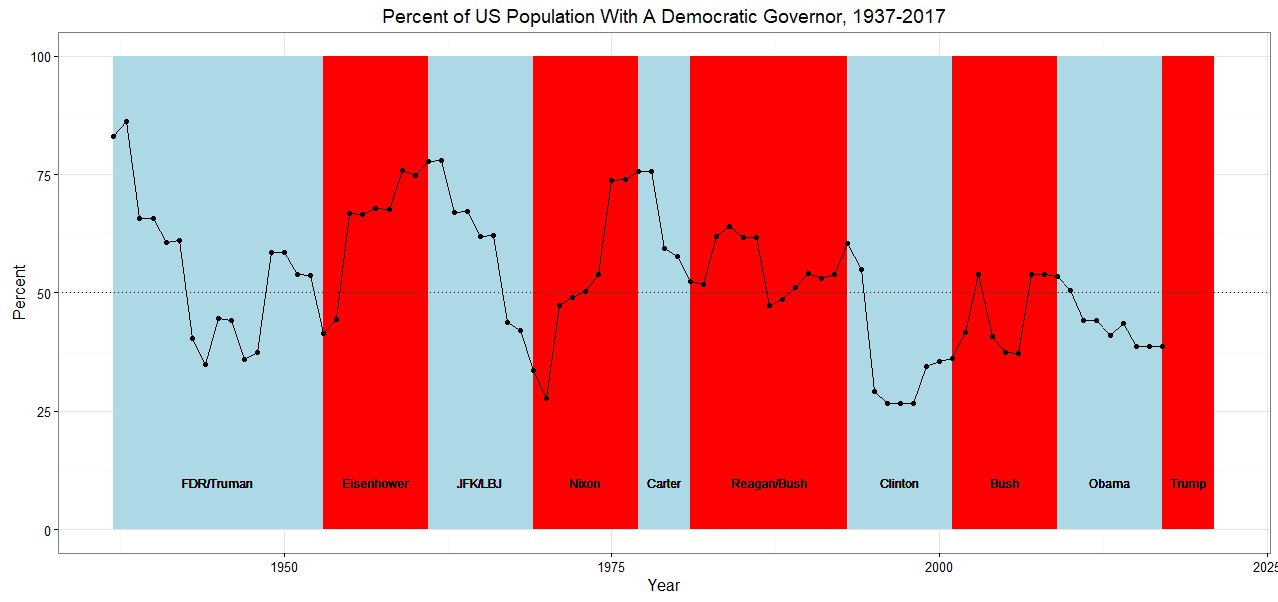I'm unsure where you're getting your statistics from. The export value of Russia to the whole of Europe is $172B, from a GDP of $1,283B, or 13.4% of GDP. This is larger than Venezuela, but at the same time, Russia has significantly more capacity to reduce exposure than Venezuela does, since there are many more regional players who could be convinced to sanction Venezuela than applies to Russia.
More importantly, though, the extent to which a country is amenable to sanctions is not reducible to simply how much it trades on the open market. The theory behind sanctions is that:
1. They make the lives of ordinary people worse.
2. Ordinary people, wishing to remove these sanctions, place pressure on the political elite to change policy.
3. The political elite, fearing a loss of power, change policy accordingly.
I've bolded the critical part of 3. Maduro's position in Venezuela is significantly less secure than Putin's is in Russia, and accordingly Maduro has more reason to fear significant popular opposition and accordingly greater exposure to sanctions. Nevertheless, I've cited an expert stating that sanctions won't work. Well, why?
Because before you even get to 3., 2. doesn't work. Here's what actually happens:
1. They make the lives of ordinary people worse.
2. Ordinary people come to resent foreign powers making their lives worse and rally round their leader since at least he's one of them/will stand up to foreign powers.
3. The political elite are bolstered and are given reason to redouble their current policy.
This is exactly what happened to both Maduro and Putin - their approval ratings rose, and significantly so, after sanctions efforts. In other words: sanctions are wildly counterproductive. They actually achieve the opposite of their intended goals. This is pointed out in the article I cited.



